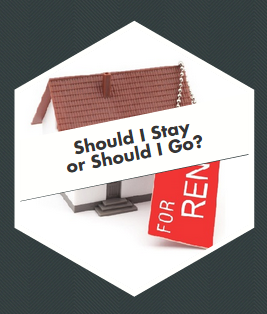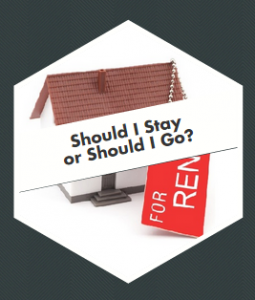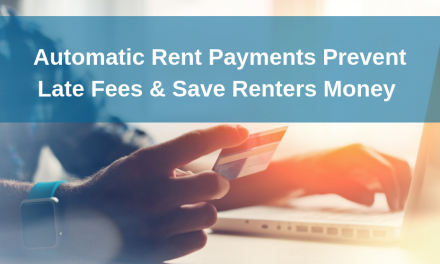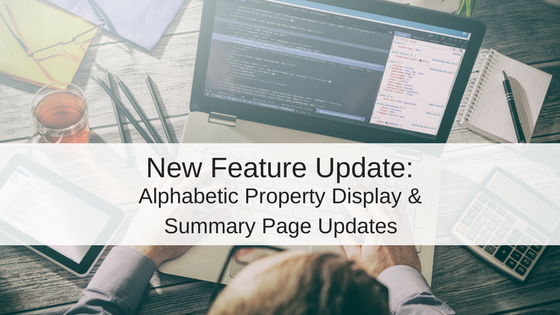Long-term tenancy is a landlord’s dream. And a new report reveals that their dreams are coming true as more renters are opting to renew their leases rather than look for new housing options.
In a report from MPF Research about lease renewal behavior among renters, data from February 2015 reveals a 10-year high for tenants who renewed rental lease agreements rather than vacate their rental property. Over half, 54.4%, of renters in MPF’s report chose to renew rather than move-out after their lease expired. MPF’s report also accounts for tenants who did not fulfill their full lease term – and grouped this tenant behavior in the non-renewal category.
This information should reassure property managers and landlords who feared their tenants might explore other housing options, considering the current trend in rising rent rates and new multifamily construction. Despite the new supply and rent increases, more renters are choosing to renew current leases rather than move into a newer or cheaper home.
According to MPF, renewal rates have been climbing since the apartment market recovery started in early 2010. MPF notes that February is usually a peak month for renewal conversions, perhaps due in part to weather-related influences. In the past five years, U.S. apartments saw renewal rates peak in February of each year and remain high through April, according to MPF.
What does this mean for property managers and landlords?
High renewal rates reflect higher tenant retention rates, keeping vacancies low and income consistent. That means less stress and steady cash for you! You will also avoid the marketing expenses and time it takes to find new, qualified tenants for your recently vacated properties.
Seasonal renewal trends can help property managers approach current tenants at the right time to get them to commit to another lease term. As this report demonstrates, February through April is the most active time for renewing rental leases. MPF suggests this might be due to the weather – perhaps broaching the idea of moving during poor winter weather might influence a tenant’s decision to stay put.
Beyond seasonal trends, paying attention to your tenants’ current lease expiration date will help you manage tenant retention and lease renewals. Your property management software can help you stay on top of expiring leases with automatic notifications , so you know when and who to approach with renewal information.
Some property managers approach lease renewal conversations with their tenants 30-60 days prior to expiration, while others initiate the process as early as 6-months before a lease expires. It depends on what works best in your market with your tenants.
Do higher renewal rates mean higher rental income?
Not necessarily – but it does mean steady income. With news about national rent rates climbing you might have considered increasing you asking rent prices too. While following the national trend is tempting, be careful not to scare away your current tenants.
Raising your rent prices might have more success if you offer the higher rate to new tenants, rather than current tenants. You might experience more push back and higher tenant turnover if you suddenly increase your rent rates for tenants who are used to your prices.
You must decide if you would rather spend the time and money finding new, qualified tenants who are happy to pay your increased rent price or spend the time asking current residents to renew leases at their current rental rate. Some landlords even offer incentives or rent discounts to tenants who renew their leases, rather than face the obstacles of finding new tenants. Again, depending on your market and tenants, you might find no issue with increasing the rent price with lease renewals.
If you do want or need to increase your monthly rent prices, make sure you explain to your tenants the reason for the increase. Are you matching market prices? Do you offer new amenities? Are you updating the property? If you keep your tenants informed as to the reason behind a new, higher monthly rent, they will be more willingly to adhere to your changes.
Have you noticed an increase in lease renewals over the past few years? And do you think the season effects tenant renewal behavior?







